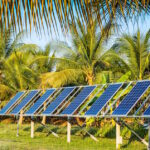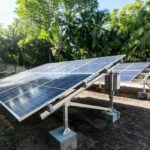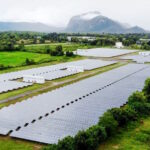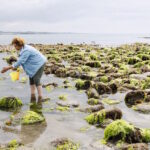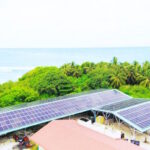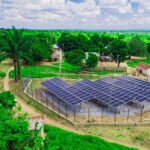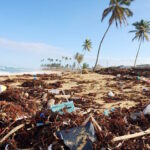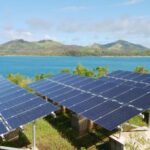The Impact of Climate Change on Island Ecosystems
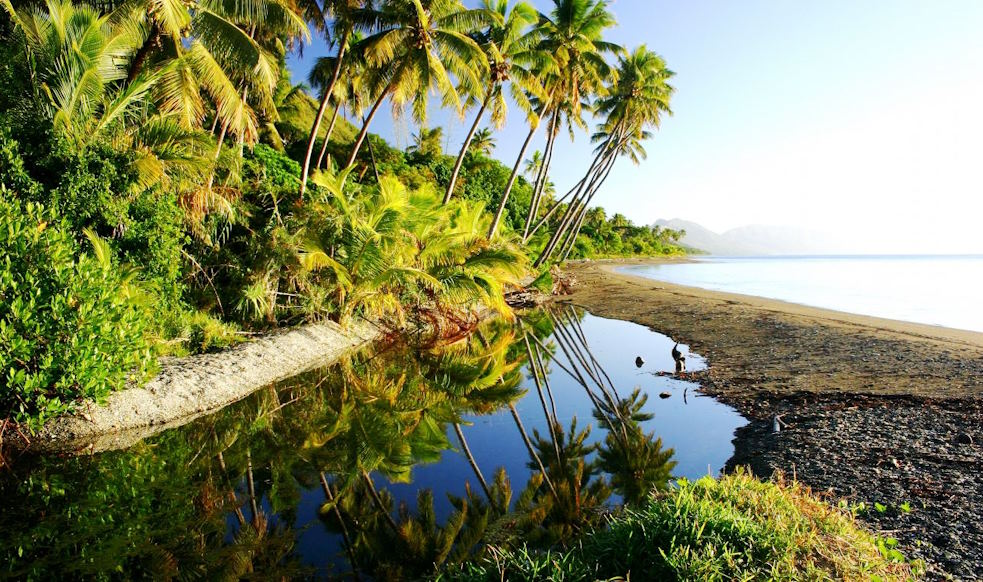
Island ecosystems, characterized by their unique biodiversity and ecological functions, are increasingly threatened by the adverse impacts of climate change. These isolated landmasses, home to a massive species that have evolved in relative isolation, are extreme weather events devastate fragile island ecosystems, sea level rise, and extreme weather events. This article explores the multifaceted impacts of climate change on island ecosystems.
Biodiversity Loss
Islands are hotspots of biodiversity, often harboring species found nowhere else on Earth. Climate change, however, is accelerating biodiversity loss at an alarming rate. Rising temperatures disrupt the delicate balance of island ecosystems, leading to shifts in species distributions and the loss of habitat. For instance, temperature increases can affect the reproductive success of native species. While inviting invasive species that outcompete or prey on endemic populations, further endangering their survival.
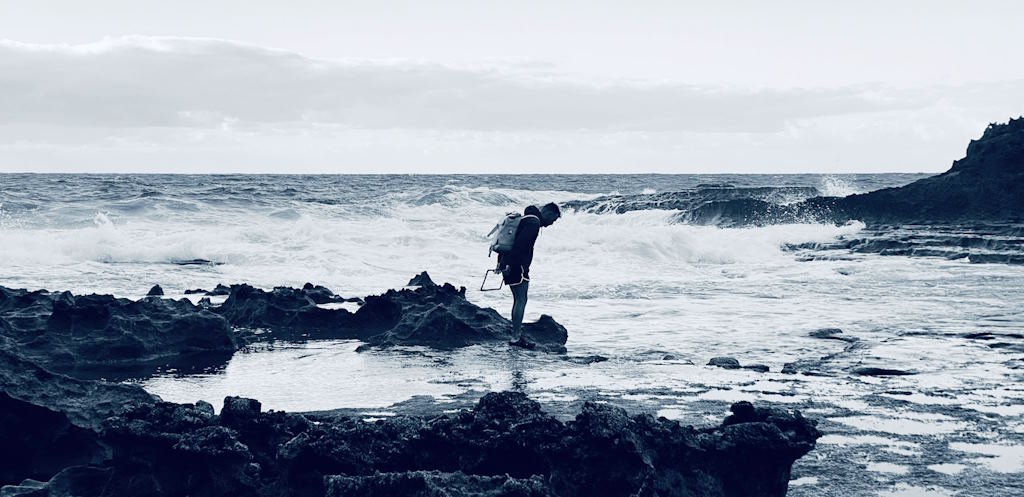
Sea Level Rise
One of the most direct and devastating effects of climate change on islands is sea level rise due to loss of ice caps threatens the survival of polar species on remote islands. Low-lying islands, such as those in the Pacific and Indian Oceans, are particularly vulnerable, with some facing the threat of complete submersion. It not only leads to loss of land but also affects freshwater resources, as saltwater intrusion contaminates aquifers, making water unsuitable for drinking and agriculture. The erosion of shorelines and loss of coastal habitats, such as mangroves and coral reefs, further exacerbate the ecological and economic challenges faced by island communities.
Extreme Weather Events
Climate change has increased the frequency and intensity of extreme weather events, including hurricanes, cyclones, and droughts. These events have a profound effect on island ecosystems, causing widespread destruction of habitats and infrastructure. Heavy rains and storms can lead to soil erosion, while droughts can affect freshwater availability and guide to wildfires, further threatening the ecological balance of these islands.
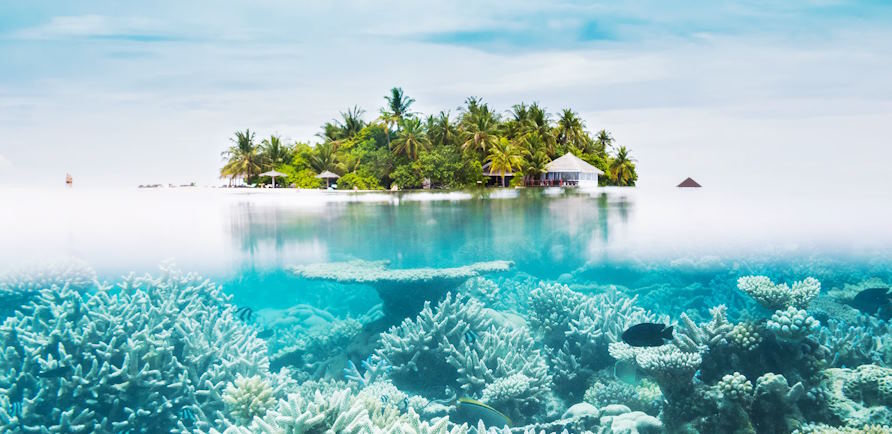
Conservation and Adaptation Strategies
In response to these challenges, conservation and adaptation strategies are implemented to mitigate shifts in weather patterns disrupt island ecosystems and the impacts of climate change on island ecosystems. Efforts include associating marine protected areas to conserve biodiversity, restoring habitats like mangroves and coral reefs, and sustainable resource management practices.
The impacts of climate change on island ecosystems are profound and far-reaching, threatening biodiversity, freshwater resources, and the very existence of some islands. Addressing these challenges requires a concerted global effort to reduce greenhouse gas emissions alongside local and regional strategies to protect and restore vulnerable ecosystems and communities.

